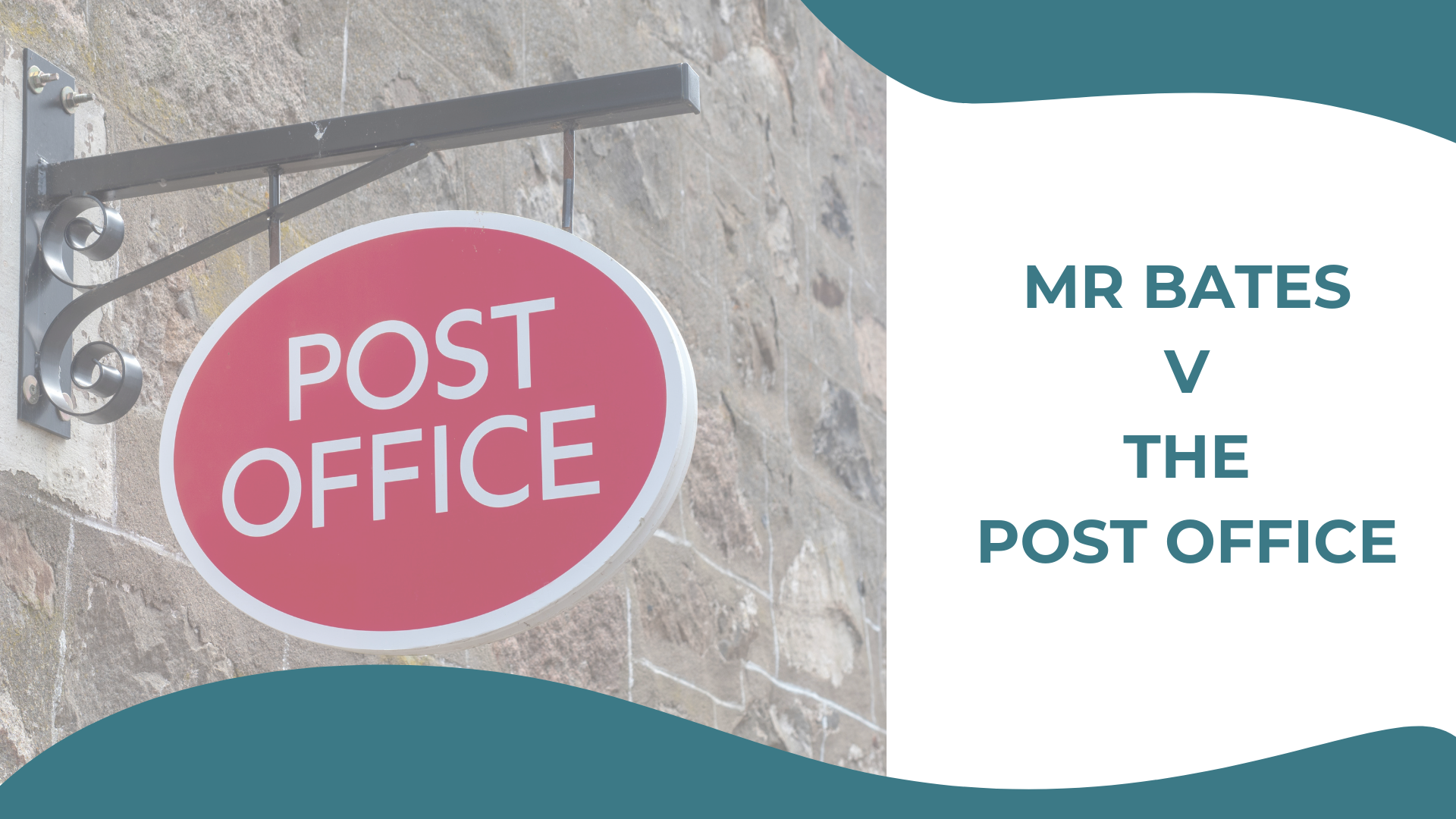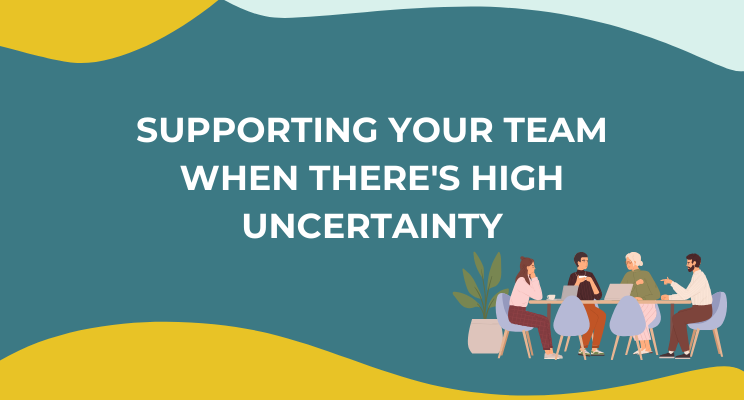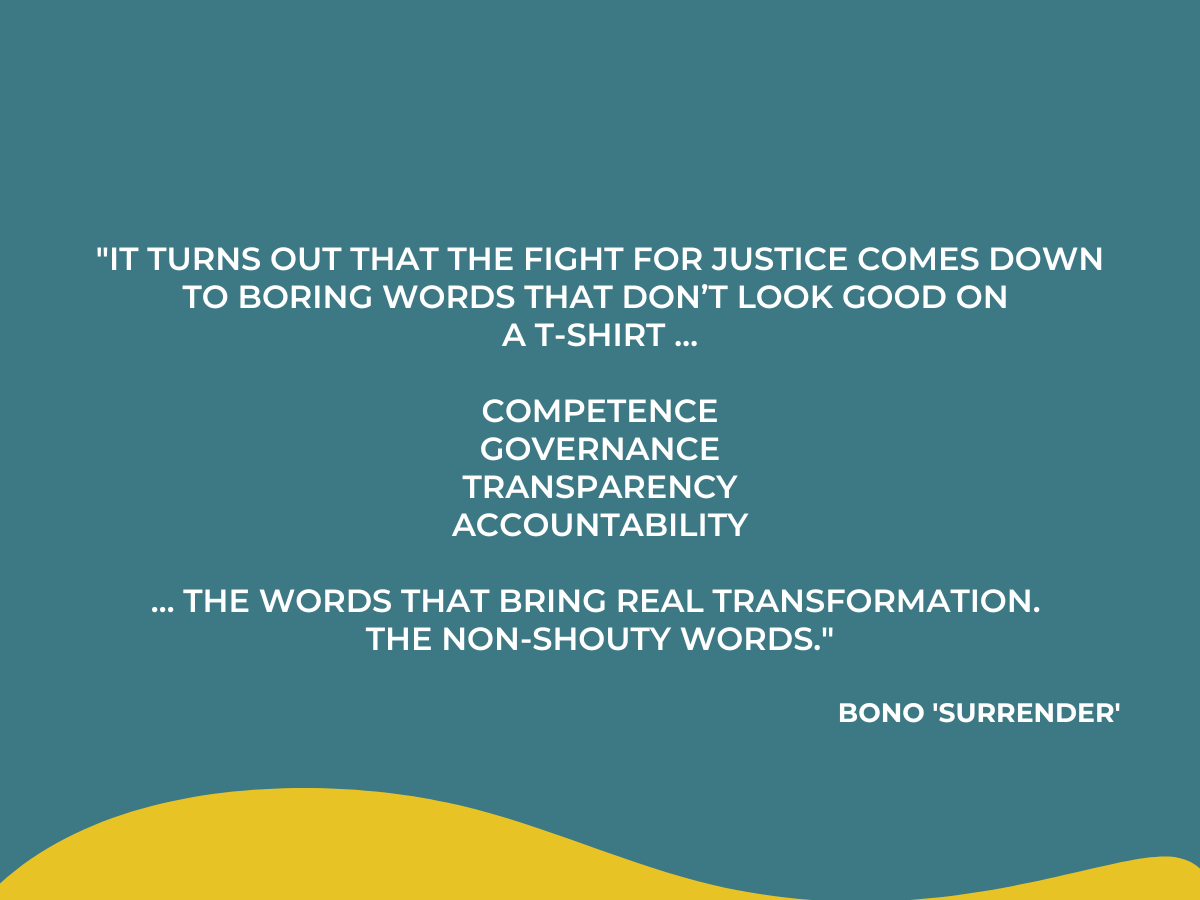In her book, Conversational Intelligence Judith Glaser proposes that conversational competence is critical to priming the brain for trust, partnership and mutual success. The quality of the conversations we have will determine how well we wrestle with complex challenges, build relationships and trust, understand and value difference and create a new kind of leadership. In our introductory email to this summer school series we noted the real challenge in many organisations of finding time to think. A corollary of thinking time, is to then find time to share our thoughts – to actually talk to one another.
The stakes are high, but there is much evidence that points to a deterioration in our ability to converse well. Opinion is becoming more polarised. We find it more and more difficult to disagree agreeably. We favour argument that already confirms existing belief and technology sends us news and opinion we want to hear. We email, text and tweet rather than talk. Although a lot of our working life is spent in meetings, we complain about their ineffectiveness. There’s a lot of noise, but not much communication.
We have already noted in this email series that human-centred leadership, underpinned by ability to engage purposefully with others, will be critical in the future. So how do we have conversations that count? Are there lessons we can learn to help us get better at interacting with others so that we can work through those wicked problems better together, from a position of trust and respect?
In this article we want to point you at four resources we have found helpful that will enable you to have conversations that count. We have provided links and a short summary of each. How much more time you want to invest in exploring these resources is up to you, but we would encourage you to do so:
10 ways to have a better conversation – Celeste Headlee
This is a very practical TED talk (10 mins) exploring ten practical ways to help us converse more effectively. Her premises are first, that everyone we’ll ever meet will know something we don’t, and
second, that good conversation will occur when we have a genuine interest in other people. She says that if we focus on just mastering ONE of the 10 areas explored, our conversations will improve. My top three are: (1) don’t pontificate: assume you have something to learn and take time to find that out; (2) stay out of the weeds, and (3) listen. Listening is so critical to good conversation it leads me on to the next resource…
5 ways to listen – Julian Treasure
Another practical TED talk (8 mins) offering five techniques to improve listening skills. I was particularly challenged by what he said about paying attention to filters (language, values, beliefs, attitudes, expectations, intentions, culture) we use – often unconsciously – to sift what we hear.
Crucial Conversations – Patterson, Grenny, McMillan, Switzler
This book has been around since 2002 and still offers great advice on how to navigate discussions when the stakes are high, opinions vary and emotions run strong. Anchored in the value of creating dialogue, it’s a practical book offering ways to stay focused on what you really want; noticing when safety is at risk; making it safe to talk about just about anything; being effective when your emotions are running high; communicating persuasively and listening when others are blowing up.
This book has the intriguing title ”The Surprising Science of Meetings” and it does surprise (pleasantly) by providing evidence-based, actionable advice about improving the quality and impact of your meetings. It starts off by clearly laying out why most people groan at the thought of yet one more meeting and the author Steven Rogelberg, who himself is a professor of organizational science tells us how to avoid such frustrations by creating fresh, thoughtful agendas, limiting the size and time of meetings, introducing silence to meetings, deflating negativity with positivity and productivity, and a host of tips based on fascinating, even entertaining research. It is immensely readable and one of our picks for 2019. Pack along with the aftersun and flipflops!
We know that the leadership and organisational challenges we face aren’t straightforward. We also know that to flex in a world of flux; be trust builders; tackle the talent challenge and reimagine the leadership model requires us to engage powerfully with others. We can only do this through the quality of the conversations we have, whether in 1-1 meetings, groups, teams or more widely.
This article was first published as part of our 2019 summer school email series. If you would like to receive similar communications from us, please sign up to our regular emails. If you found this article helpful, please share it with your colleagues and network.
If you enjoyed this blog, please find more insights on Mightywaters.




